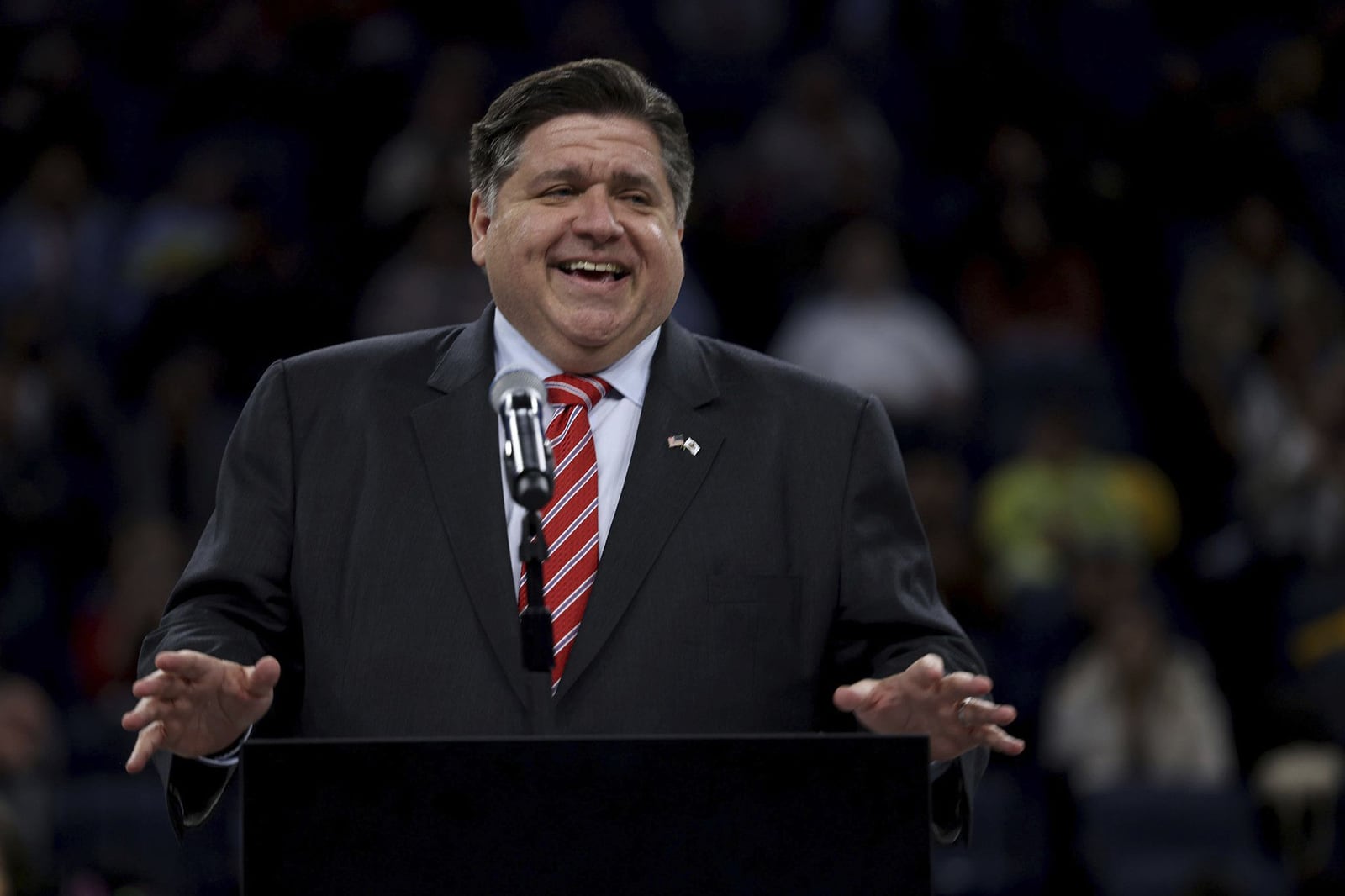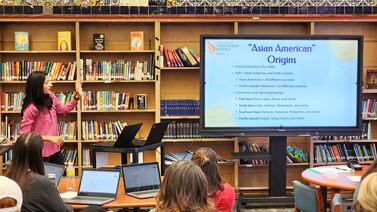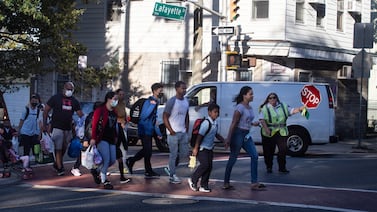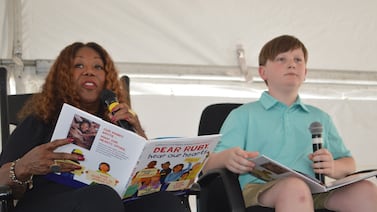Illinois Gov. J.B. Pritzker is promising to expand preschool to all Illinois families and make college tuition free for working-class people by the end of his second term.
In a speech after being sworn in Monday, Pritzker said the state’s “long-term ambitions must begin with a focus on the people for whom we are building.”
“No policy proposal I could advance will have a greater impact on our future than the quality care and education we afford to our very youngest residents,” he said. “It’s time for Illinois to lead.”
The governor didn’t give specifics about how much it would cost to expand preschool and make college more affordable. The inauguration is mostly pomp and circumstance, but in early February, Pritzker is expected to release a budget proposal for the 2024 fiscal year. The legislature must approve a state budget by June 30.
For decades before becoming governor in 2018, Pritzker supported early childhood education through his family foundation. His education platform both in 2018 and 2022 focused on expanding programs that serve children under 5. He has said he would work to lower Illinois’ mandatory school attendance age from 6 to 5.
Chicago began expanding public preschool in 2014 with help from Pritzker’s foundation and Goldman Sachs. In 2018, then-mayor Rahm Emanuel promised universal preschool for all 4-year-olds, which officials now say is a reality.
Many Illinois families struggle with the cost of child care, which has been deemed one of the least affordable among states.
In an interview with Chalkbeat last October, Pritzker said he would once again offer more families financial assistance for child care. Currently, any family earning 225% of federal poverty level income is eligible, up from 185% when he took office. He said he plans to raise that to 300% of the federal poverty level.
Last week, Pritzker visited two early childhood programs — a non-profit in Chicago and a public preschool downstate — to tout investments his administration made during his first term. They claimed to have increased funding by about $1 billion.
But during the first three years of Pritzker’s first term, there were no increases to the Illinois State Board of Education’s early childhood block grant, one the largest sources of early childhood funding. This year, it got a 10% increase to nearly $600 million.
Though he gave no details in his inaugural address, Pritzker said it’s the state’s “obligation to make college more affordable” and said he wanted to “focus on making tuition free for every working-class family.”
The state’s key financial aid program for college students is known as the Monetary Award Program, or MAP. Those scholarships grew to $601 million in the most recent budget. The maximum annual award increased from $6,438 to $8,508. In-state tuition at the University of Illinois this year ranged from $17,000 to $22,000.
Despite increasing costs and declining college enrollment nationwide, Illinois saw a 5% increase in students enrolling in college this fall, according to the Illinois Board of Higher Education.
In his speech Monday, Pritzker also took a moment to acknowledge the victims of gun violence, citing specific high-profile events, including a shooting just before winter break outside Benito Juarez Community Academy High School.
“I’m tired of living in a world where a mass shooting needs a title so you know which one we’re referring to,” Pritzker said, noting that he campaigned on a promise to ban assault weapons. The Illinois legislature is debating a measure during its lame-duck session, which is scheduled to end this week.
Correction: This article has been updated to reflect that lame-duck session ends this week, not on Monday.
Becky Vevea is the bureau chief for Chalkbeat Chicago. Contact Becky at bvevea@chalkbeat.org.







